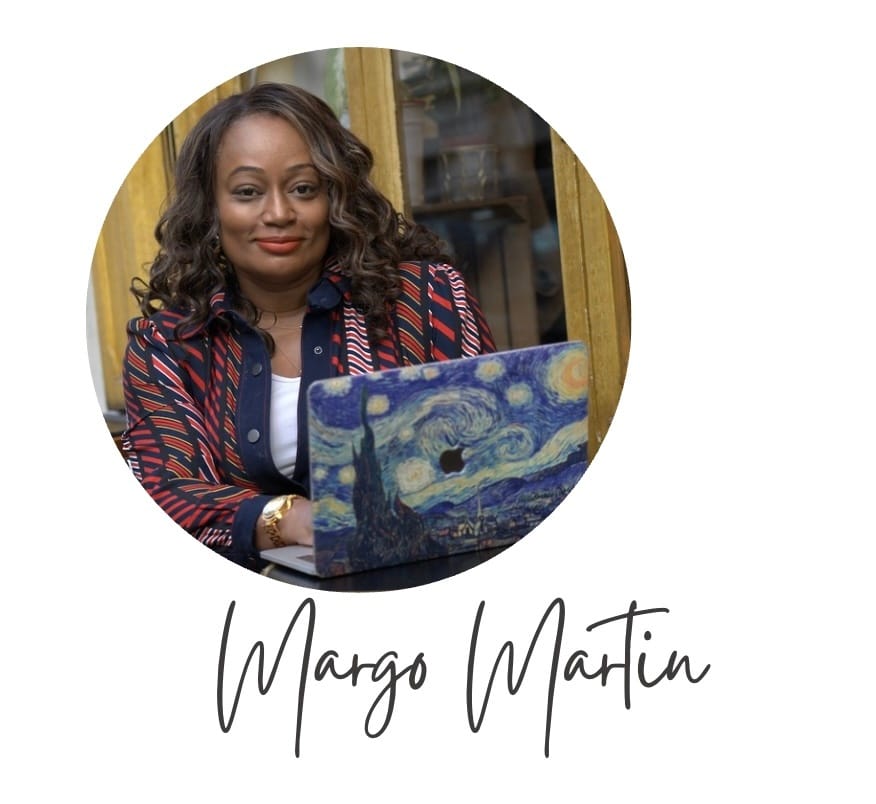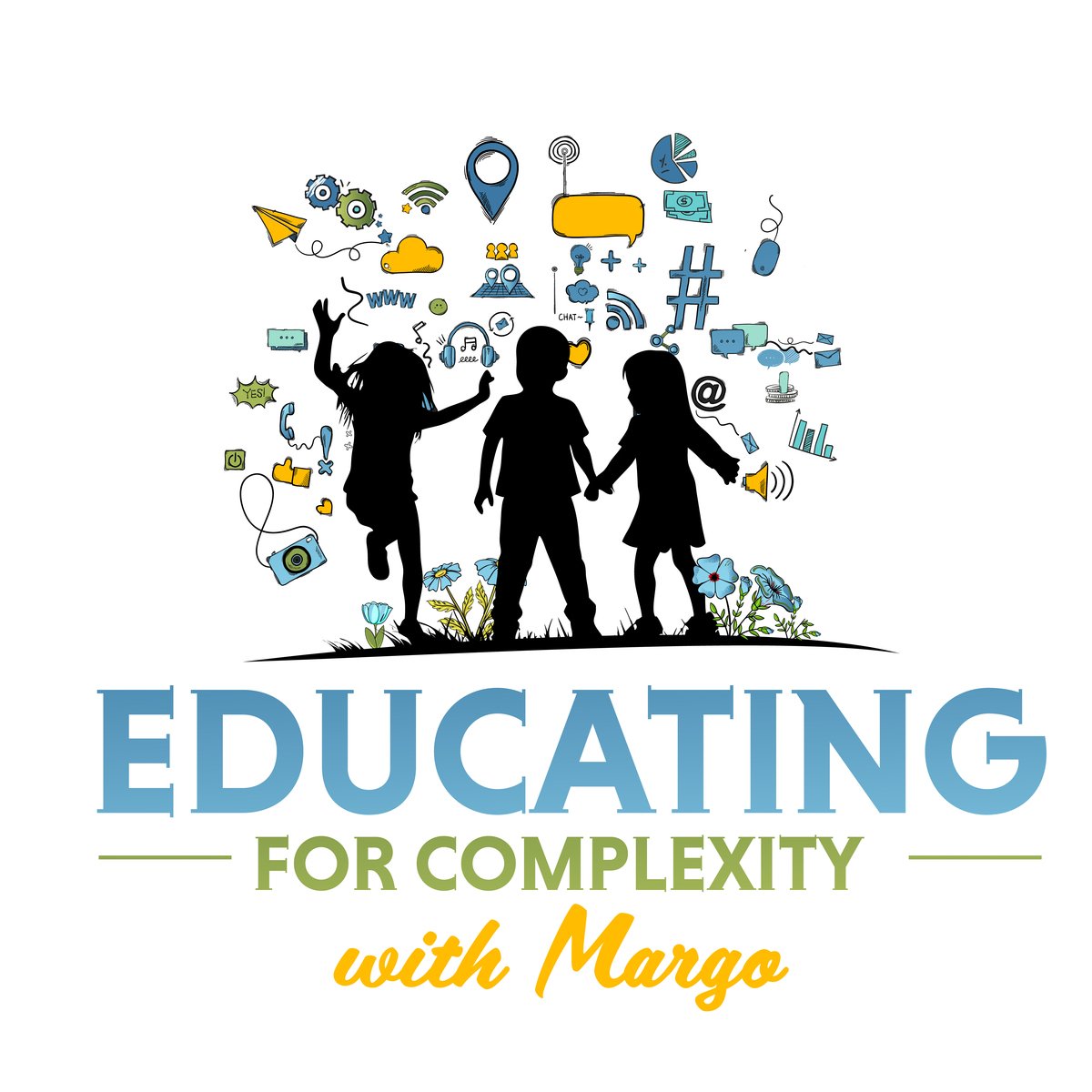Hello everyone,
I am so glad you are sharing this time with me.
In this issue we have the folllowing:
A Big Idea: Alpha Schools - A New Model for a New Reality
Ideas with Consequences- 3 amazing curations you’ll love
Intellectual Character Please - The Power of Fairytales, Reading Aloud and Owning One’s Own Culture
Let’s dive into the Big Idea first….I can’t wait to hear your thoughts on it.
A BIG IDEA
A BIG IDEA
Alpha Schools: A New Model for a New Reality
While many schools are busy drafting AI integration policies, engaging teachers with learning AI tools and layering coding lessons alongside phonics, a growing network of schools is making a quantum leap in revolutionizing the learning framework. I discovered them awhile ago and I have been watching them from a distance, waiting to see how they would evolve. I am happy to share with you that they have not been disappointing. They aren't just tweaking the old system — they are boldly redefining what is worth learning and how it should be taught.
Thank goodness….It is rare to find forward thinkers who recognize the impact of the global shifts on how schooling should be changing. In fact, it cannot change fast enough because the world is changing fast and the realities of the misalignment are growing daily and cannot be ignored. It has been evident for a while that:
Differentiation by one adult for 25 kids in a classroom isn’t consistently a success. Even leaving one kid behind is too costly.
Standardised tests are not measuring what is important today - creative thinking and the ability to apply what you know in a new context or situation. Afterall this is the best demonstration of mastery. Do you agree?
Students' emotional well-being and happiness are suffering. If you have not read Anxious Generation, you should as the implications of social media and the dismissal of play has created issues that we will be unravelling for a long time.
Passion projects — real-world, problem-solving experiences — are more teacher driven than they should be or often not happening at all leaving kids bored
These aren’t assumptions — the data is overwhelming.
Today’s students often feel disengaged and uninspired by traditional learning while digital distractions strain their emotional well-being. Standard programs rarely nurture their interests or passions, leaving them disconnected from the intended purposes of education —- to go out and pursue their talents and be a contribution to their community through the pursuit of their passions and talent.
There is a piece of data that has always left an indelible impression on me that was published a few years ago. In 2022, Educational Psychology published a meta-analysis revealing that students retain only 50% of material taught in traditional classrooms after just 24 hours. And COVID has left a mark on my schools even those who offer project-based learning or programs with tons o student agency like the IB. Since Post-COVID, we have been facing even greater knowledge gaps, social-emotional struggles, and widening learning disparities. The challenges are real — and grow more urgent as time passes.
Nevertheless, some are leaping ahead.
IDEAS WITH CONSEQUENCES
IDEAS WITH CONSEQUENCES
Here are a few of my favorite recent reads that have interesting ideas with consequences. I hope you enjoy them too.
Have We Been Thinking About A.D.H.D. All Wrong?
The is an excellent article that challenges the traditional view of A.D.H.D. as a fixed brain disorder, highlighting that symptoms often fluctuate with environment and context. Medications offer short-term behavioral benefits but little lasting impact. Experts now advocate focusing on adapting environments and supporting individuals, rather than solely relying on biological treatments. This certainly will impact pharmaceutical companies that give doctors perks and discounts to promote these products. While the article does not mitigate the place of medicine at times for short term, an important question should naturally arise for any of us who has a kid with ADHD or works with kids with this diagnosis. Is this really what we want in a society that will be demanding more of our kids to be at their very best to compete?
Tough, Paul. "Have We Been Thinking About A.D.H.D. All Wrong?" The New York Times Magazine, 13 Apr. 2025.This article truly resonated with the vein of thinking that I have been in all month. You will notice its connection to the Big Ideaspiece I wrote above as the author is one of the leaders at the Alpha Schools. It is old research that one-on-one learning drives real student success. However schools are plagued today with massive teacher shortages and outdated models make it a non reality for too many kids today. AI can personalize education, bridge knowledge gaps, and free teachers to focus on students’ creative power. Ignoring how me partner with AI with intention in classrooms today risks leaving students vulnerable and unprepared for the opportunities that will continue to unfold now and in the future.
Price, MacKenzie. "How AI and Humans Will Transform the Current Education System." Forbes Technology Council, 3 Apr. 2024
While this article is intentionally written for an adult audience, as soon as I read it, I thought about a school where I am leading and the Grade 5 students preparing for their PYP exhibition and working with their mentors. I identified four self-regulation strategies that the teacher mentors (coaching students) could use—and that you, as a parent, should also notice and use to coach your kids. The article reminds you to look for four frequent behaviors in your child and use them as teachable moments to strengthen their emotional intelligence.
Here are my two favorites:
Being in haste – Often, when kids disagree or have strong opinions in a conversation, they respond without taking enough "wait time" to rehearse what they have heard and ensure they truly understand it.
Inquiry question to use after explaining this concept, when it is not showing up in your kid:
Are you practicing good wait time?Exhaustion – Many kids are unaware of how being tired affects their listening skills.
Inquiry question to use after explaining this concept when it is obviously not showing up in your kid:
How were you feeling when (X)happened? Were you tired? How might being well rested have changed how you experienced X?
Reminder: Exhaustion impacts our ability to listen effectively. Encourage your child to check in with their physical feelings before responding or engaging in important conversations.
To discover the other two teachable moments, I highly recommend reading the full article.
Yip, Jeffrey, and Colin Fisher. “Are You Really a Good Listener?” Harvard Business Review, vol. 103, no. 3, May–June 2025, pp. 139–143.
INTELLECTUAL CHARACTER PLEASE
INTELLECTUAL CHARACTER PLEASE
The Power of Fairytales, Reading Aloud and Owning One’s Culture
Francis Bacon once said, “Some books are to be tasted, others to be swallowed, and some to be chewed and digested.”
Although we’ve moved beyond the information age and now live in a time shaped by generative AI, it’s more important than ever to preserve intellectual curiosity and critical thinking. One timeless way to nurture a child’s intellect—regardless of their age—is still through reading aloud.
Reading aloud has the unique power to enrich, empower, and transform. The more stories a child hears, the stronger their sense of cultural ownership becomes. This connection helps them better understand the world they live in and equips them to navigate it with unique meaning and confidence.
Examples:
A girl who hears the fables of Aesop or Jean de La Fontaine will understand what “sour grapes” means and why people compare ants to grasshoppers.
A boy whose parents reads The Odyssey to him will grasp the meaning of a “siren song” more deeply than a peer who only knows it as an alarm.
The characters and scences of a book become an integral part of a child’s landscape for understanding and filtering the world - in a unique way. The conversations that arise are precious. It should never become summarised completely by asking the right prompt to the nonliving.
STRATEGY: Consider making reading aloud a tradition with your child regardless of the age…It is not too late.
How did this newsletter land with you today?
Thanks for sharing your thoughts in the survey.
If you have 1 minute, hit reply email me one area that you wish I would cover in an upcoming newsletter.
As always I appreciate you showing up and leaning in to this week to daring ideas about primary and secondary schooling.
Remember we shoulder a great responsibility - to ensure the kids growing up under our care today are resilient, adaptable and are able to thrive to their greatest potential in a complex world.
See you next week. Simply the complex.


